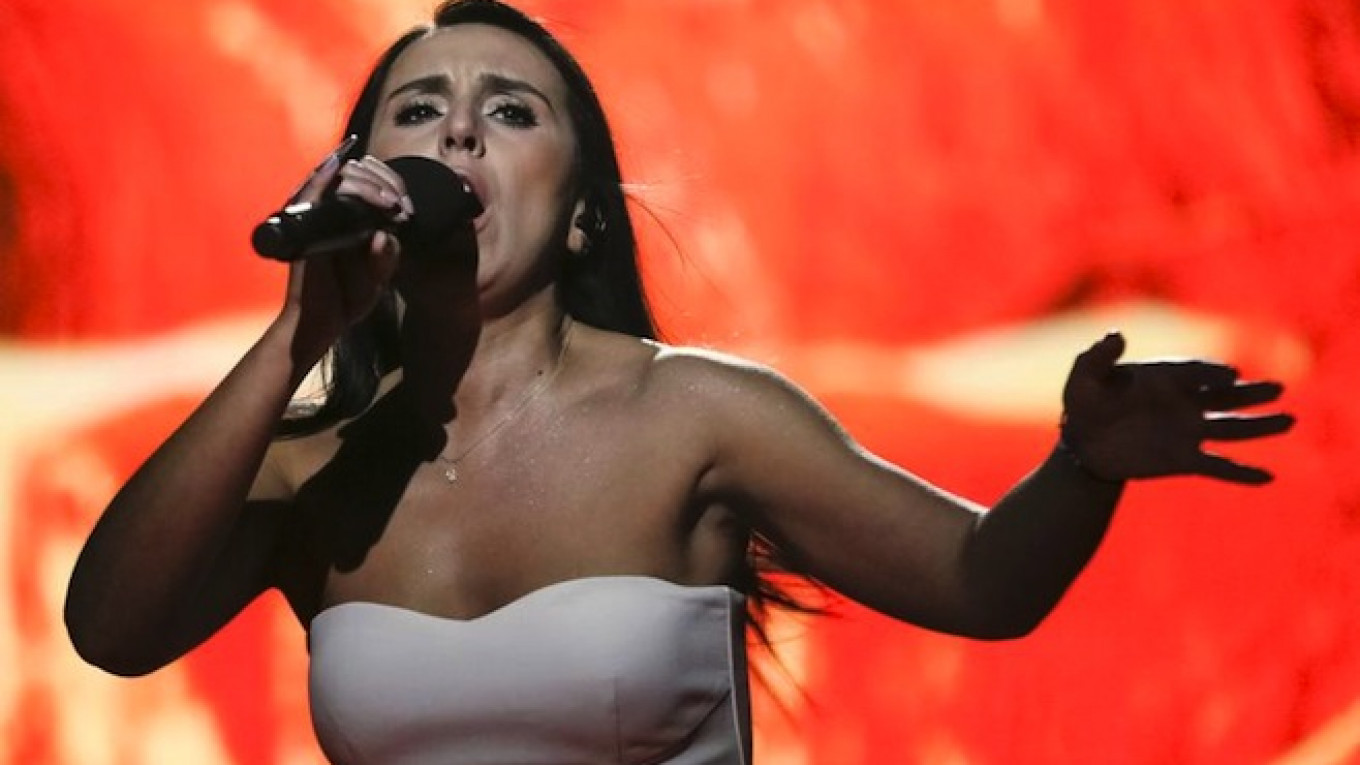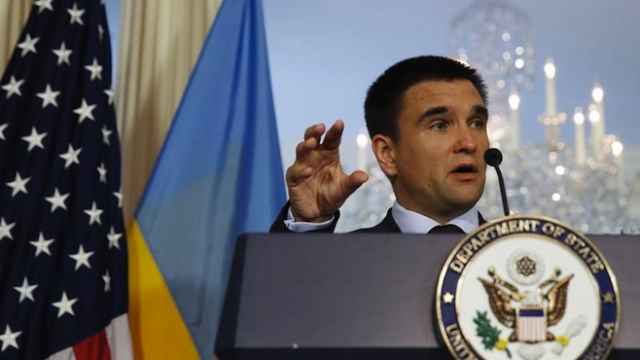Ukraine's entry in the Eurovision Song Contest will perform a song dedicated to the deportation of the Crimean Tatars, a move branded “politicized” by some Russian politicians, according to the state-run RIA Novosti news agency.
Jamal, a Crimean tartar herself, was selected on Sunday to perform at the finals in Stockholm. Her song “1944” is about the forced migration of hundreds of thousands of people from her Black Sea homeland under Stalin’s rule.
In response to her selection, first deputy chairman of the Duma Committee on Information Policy Vadim Dengin has said he hopes Eurovision will not allow Jamal to compete with the song, which could add a political edge to the May competition.
"A strange choice. I'm sure it is there to once again humiliate Russia. I hope that those in charge of Eurovision do not allow such things on the grounds of their competition," Dengin said to RIA Novosti.
He also claimed that the majority of Ukrainian citizens do not receive enough “salary or pension” and so cannot “afford to watch” and “do not care” about the Eurovision Song Contest.
Russia annexed the Crimean Peninsula from Ukraine in March 2014.
A Message from The Moscow Times:
Dear readers,
We are facing unprecedented challenges. Russia's Prosecutor General's Office has designated The Moscow Times as an "undesirable" organization, criminalizing our work and putting our staff at risk of prosecution. This follows our earlier unjust labeling as a "foreign agent."
These actions are direct attempts to silence independent journalism in Russia. The authorities claim our work "discredits the decisions of the Russian leadership." We see things differently: we strive to provide accurate, unbiased reporting on Russia.
We, the journalists of The Moscow Times, refuse to be silenced. But to continue our work, we need your help.
Your support, no matter how small, makes a world of difference. If you can, please support us monthly starting from just $2. It's quick to set up, and every contribution makes a significant impact.
By supporting The Moscow Times, you're defending open, independent journalism in the face of repression. Thank you for standing with us.
Remind me later.






